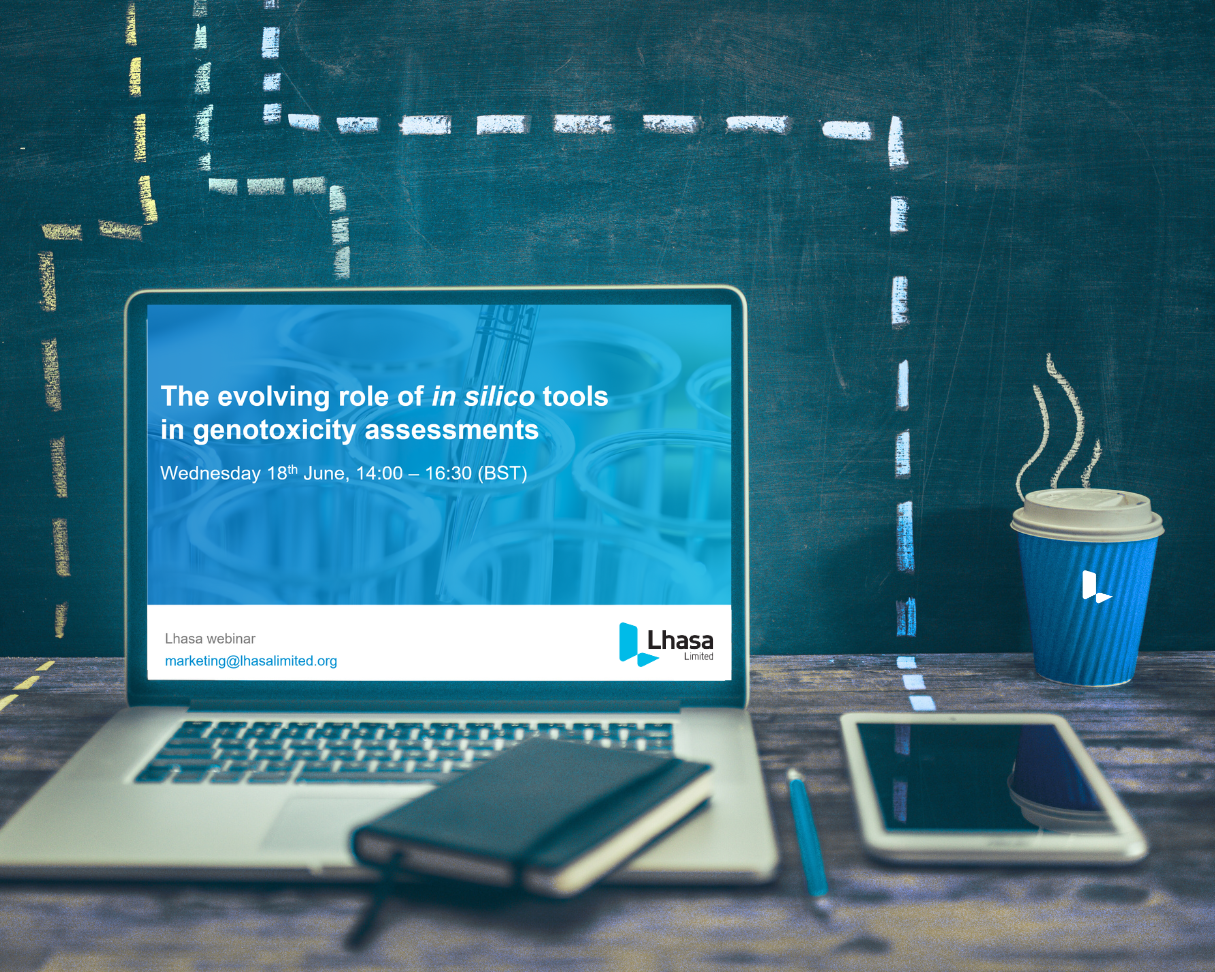In a recent webinar on the Lhasa Carcinogenicity Database (LCDB), Lhasa Limited Senior Scientist, Andrew Thresher, Principal Business Analyst, Simon Gayton, and Principal Global Alliance Manager, Will Drewe, gave an overview, a demonstration and a discussion of the recent LCDB release features.
In this blog piece, we explore in more detail, the features of the recent release and how they will benefit LCDB users.
The Carcinogenicity Potency Database (CPDB) was an invaluable resource containing the results of 6,529 chronic, long-term animal cancer studies on 1,547 chemicals. Since 2016, Lhasa has used its knowledge in the field of user experience to add new functionality and improve user experience, building on the excellent work of the team behind the original CPDB database.
The LCDB is a widely used free resource containing the results of animal cancer tests and all data from the original CPDB database which has since been supplemented with additional data.
Demonstrating Lhasa’s dedication to the continuous development of the database, in July 2021 Lhasa released a full rewrite of the Carcinogenicity Database. The release followed a series of meetings with external users around our development plans and their user experience.
The benefits of this release to LCDB users include:
- The provision of unique URLs to compound records that can be included in reports, presentations, and emails.
- Improved user experience for querying, viewing, and filtering search results.
- New report layout.
- Improved query performance.
- Access to a new LCDB Help Centre.
- Addition of confidence intervals for the TD50 values.
- Inclusion of ‘TD50 Notes’ to give more information on the TD50 calculations.
One of the key uses of the CPDB was to provide a numerical description of carcinogenicity potency (TD50), estimated for each set of tumour incidence data reported in the CPDB. The Gold TD50 provides a “standardized quantitative measure that can be used for comparisons and analyses of many issues in carcinogenesis”.
Lhasa has calculated its own TD50 values based on the same data used for the Gold TD50. Both values are available in the LCDB and a paper has been published describing the methodology used by Lhasa Scientists.
With the addition of 99% confidence intervals in the recent release, users are now able to assess the accuracy of TD50 values and, with better navigation and reporting, can easily integrate use of the LCDB into their assessment workflow.
Read more about the comparing CPDB and Lhasa TD50 values in the Lhasa Carcinogenicity Database, in this blog piece.
Substructure and similarity searching, a feature released in 2020 following user feedback, allows users to search the database for compounds which either contain the query structure (substructure) or are structurally similar (similarity,).
With similarity searching, the user can define the degree of similarity needed to provide a match according to the Tanimoto similarity criteria. This benefits users as it supports greater flexibility when searching for carcinogenicity data. In addition, users are able to quickly evaluate the available data for a whole class of compounds (e.g. nitrosamines) with a single search, or easily investigate the activity of compounds similar to their query compound.
Lhasa intends to continue maintaining the Carcinogenicity Database by searching the literature, gathering studies and compounds, and estimating Lhasa TD50 values. Lhasa intends to keep this resource online and freely available for the foreseeable future.
View the webinar ‘Accessing vital sources of long-term carcinogenicity study data with Lhasa’s Carcinogenicity Database – An update and an overview’ here.
Last Updated on January 25, 2024 by lhasalimited



